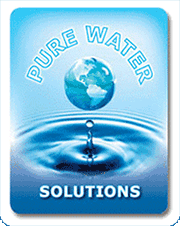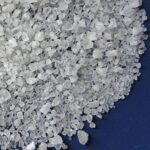Removing High Concentrations of Iron in Well Water – Part II
Iron is a naturally occurring element that is found in many types of rocks and soils. When present in high concentrations in well water, it can cause a condition known as iron poisoning, which can lead to a number of health problems. Some of the most common symptoms of iron poisoning include stomach pain, nausea, vomiting, and diarrhea.
To prevent iron poisoning, it is important to remove the iron from the well water before it is consumed. …Read more »










